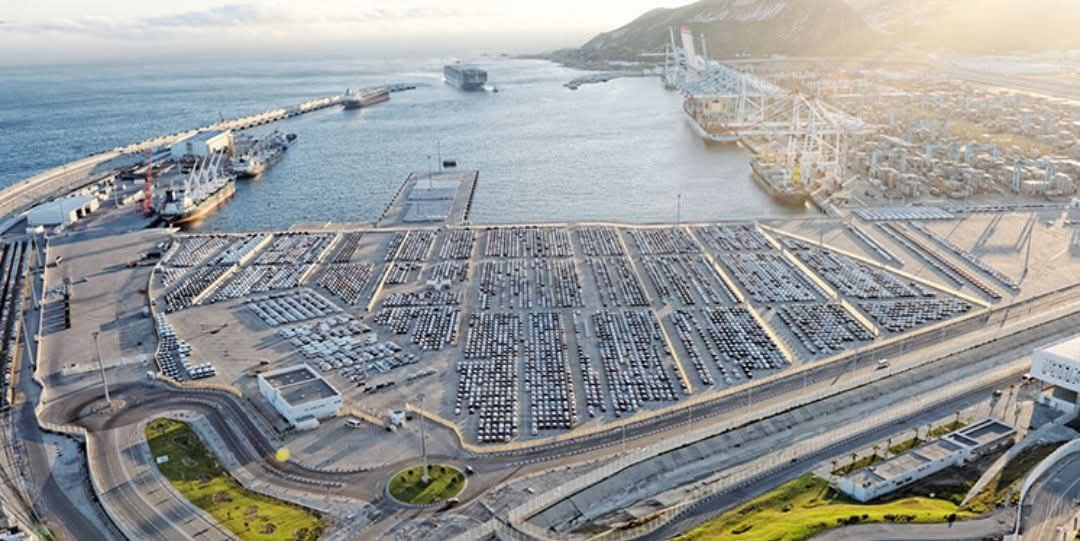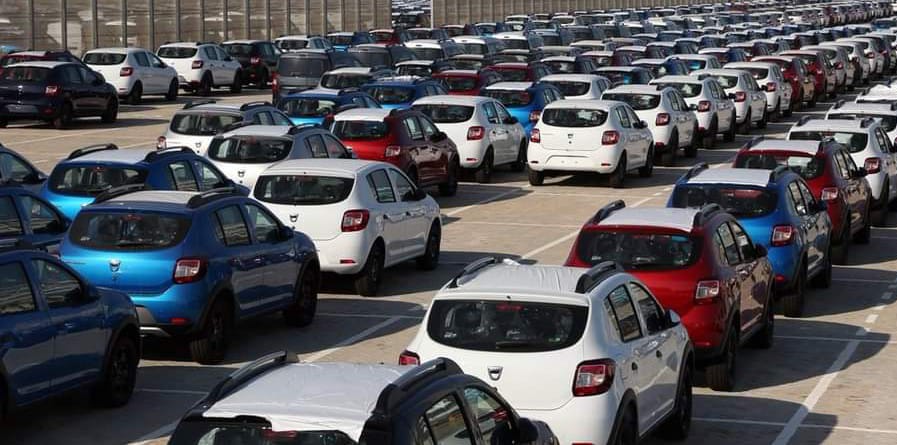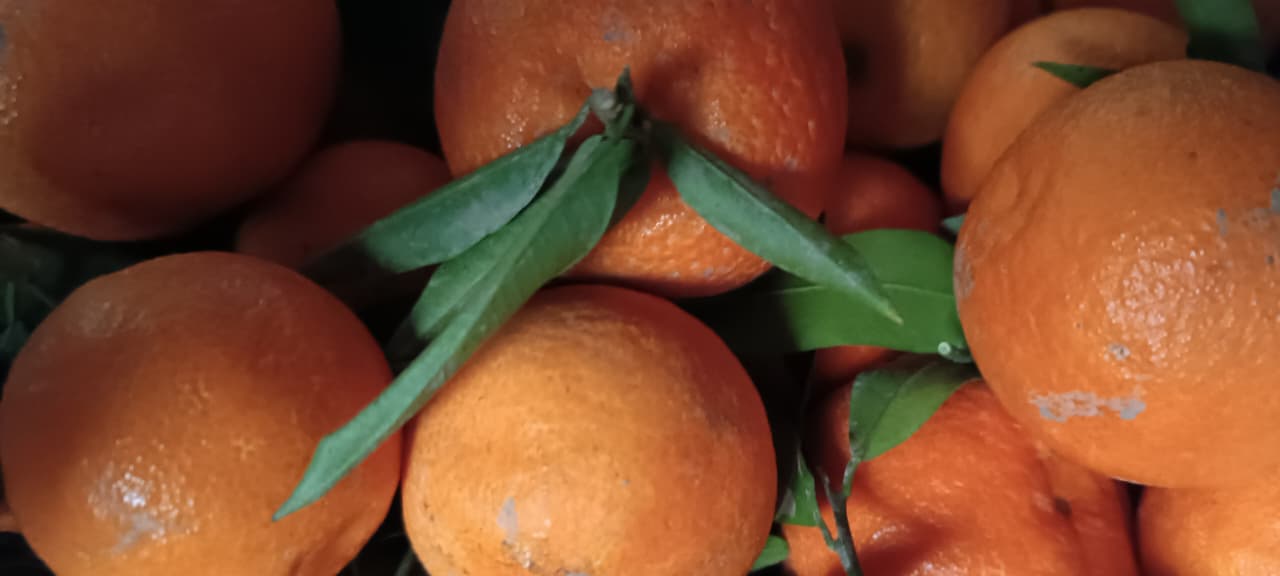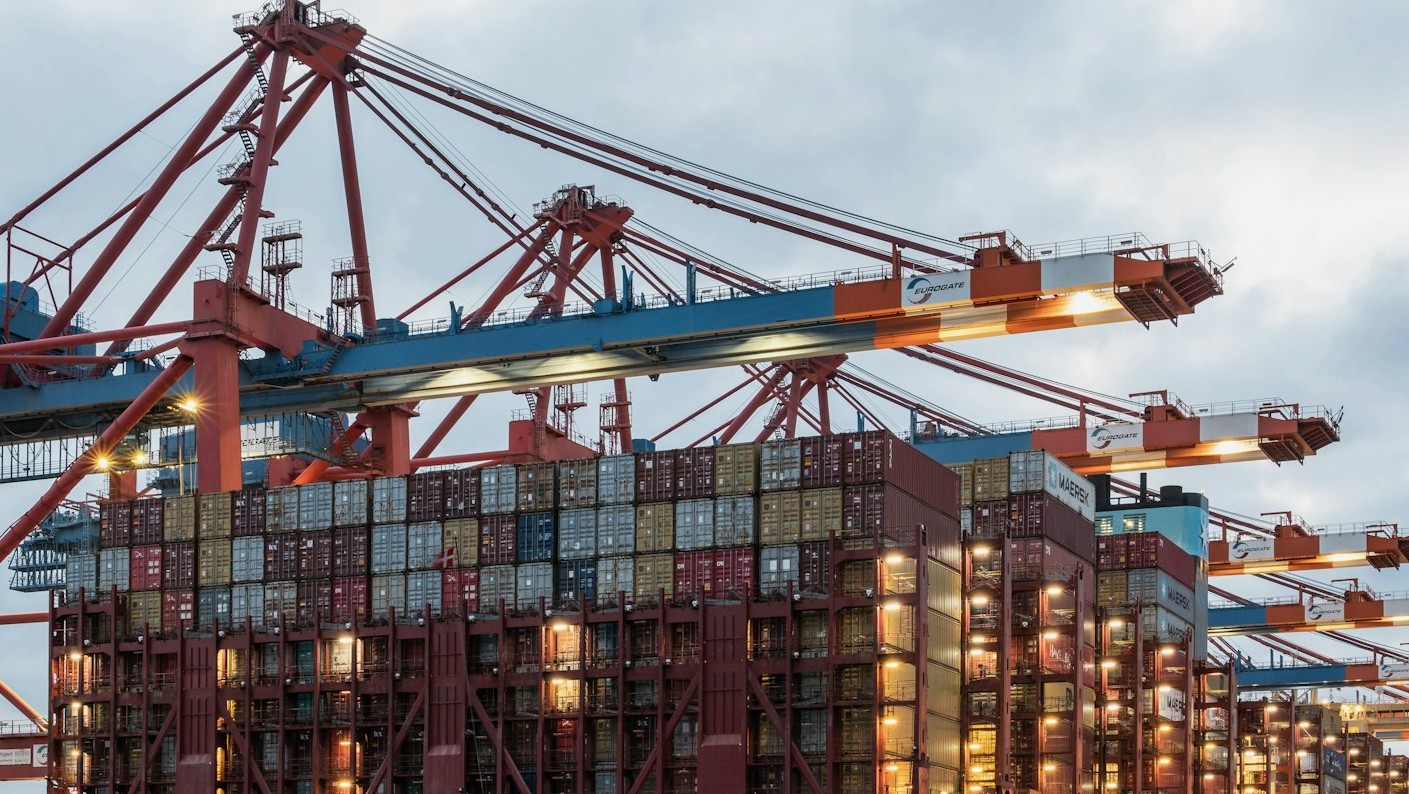Casablanca – Morocco has secured a new loan of approximately $109 million from the African Development Bank (AfDB) to support inclusive agricultural development aimed at empowering rural women and youth. The financing, approved by the AfDB’s Board of Directors, will fund the Inclusive Solidarity Agriculture Support Program for Women and Youth (PAASIFEJ), an initiative aligned with Morocco’s broader agricultural and employment strategies.
This new agreement further strengthens the long-standing partnership between Morocco and the African Development Bank, which spans more than 50 years. Over that period, the AfDB has committed nearly $16.4 billion to the Kingdom, supporting over 150 high-impact projects in sectors including infrastructure, water, energy, agriculture, finance, and social protection.
Program goals
The newly approved program is designed to promote socially inclusive, resilient, and sustainable agriculture. It specifically targets the empowerment of rural women and young entrepreneurs by increasing their participation in agricultural value chains, enhancing their productivity, and improving their access to financial and technical resources.
The core objectives of PAASIFEJ include:
- Creating long-term economic opportunities for women and youth in rural communities.
- Strengthening national food security, especially in the face of increasing climate-related risks.
- Enhancing the adaptability of small-scale Moroccan farmers to climate change through technical support and modern infrastructure.
- Fostering entrepreneurship by supporting the launch and growth of businesses led by women and young people in the agricultural, agri-food, and digital sectors.
Key features of the program
The program will invest in several interconnected areas to achieve its goals:
- Tailored financing mechanisms:
New funding models and incentive schemes will be developed to meet the specific needs of women and youth. These tools aim to lower barriers to entry for rural entrepreneurs and improve their access to credit and investment opportunities. - Technical and financial support:
The program will strengthen the institutional support available to rural entrepreneurs by enhancing advisory services, technical assistance, and project management skills, especially for first-time business owners in the agricultural sector. - Infrastructure development:
The loan will be used to build and upgrade agricultural infrastructure—such as irrigation systems, storage facilities, and market access services—critical to increasing productivity and reducing post-harvest losses. This infrastructure will be key to integrating rural populations into more competitive and modern agricultural value chains. - Women’s inclusion:
PAASIFEJ places strong emphasis on the inclusion of women. It aims to integrate them more deeply into the agricultural economy, enhance their skillsets, and foster the rise of women-led businesses across both traditional and emerging agricultural sectors, including agri-tech and digital farming. - Support for national strategies:
The initiative supports Morocco’s Green Generation 2020–2030 Strategy, which focuses on making agriculture more inclusive and environmentally sustainable. It also aligns with the National Solidarity Agriculture Program and the National Youth Entrepreneurship Program, both of which are designed to tackle rural unemployment and promote economic inclusion.
Institutional support and long-term vision
Achraf Tarsim, the AfDB’s Country Manager for Morocco, described the initiative as a “step-by-step partnership” to develop a modern, inclusive, and resilient agricultural sector. He emphasized that the bank’s goal is to support women and youth who are motivated to innovate and generate value within their communities.
The AfDB sees Morocco as a strategic partner in North Africa and often cites the country as a model in implementing agricultural transformation strategies. The institution has consistently supported Morocco’s public investment programs in transport, energy, and water management—key sectors that are interlinked with agriculture.
Broader development impact
Beyond agriculture, the PAASIFEJ program is expected to contribute to job creation, poverty reduction, and rural revitalization. By equipping marginalized groups with the tools and support needed to thrive economically, the initiative could help curb rural-urban migration and reduce regional inequalities.
With the growing threat of climate change and rising food security concerns globally, Morocco’s emphasis on inclusive and sustainable agriculture has become more urgent. The AfDB’s financial and technical support is expected to play a crucial role in ensuring that this transition not only boosts productivity but also delivers social and economic benefits to the country’s most vulnerable rural populations.
This latest loan reflects a deepening of the AfDB-Morocco partnership and demonstrates the Kingdom’s ongoing commitment to inclusive development rooted in local empowerment and sustainable growth.
















